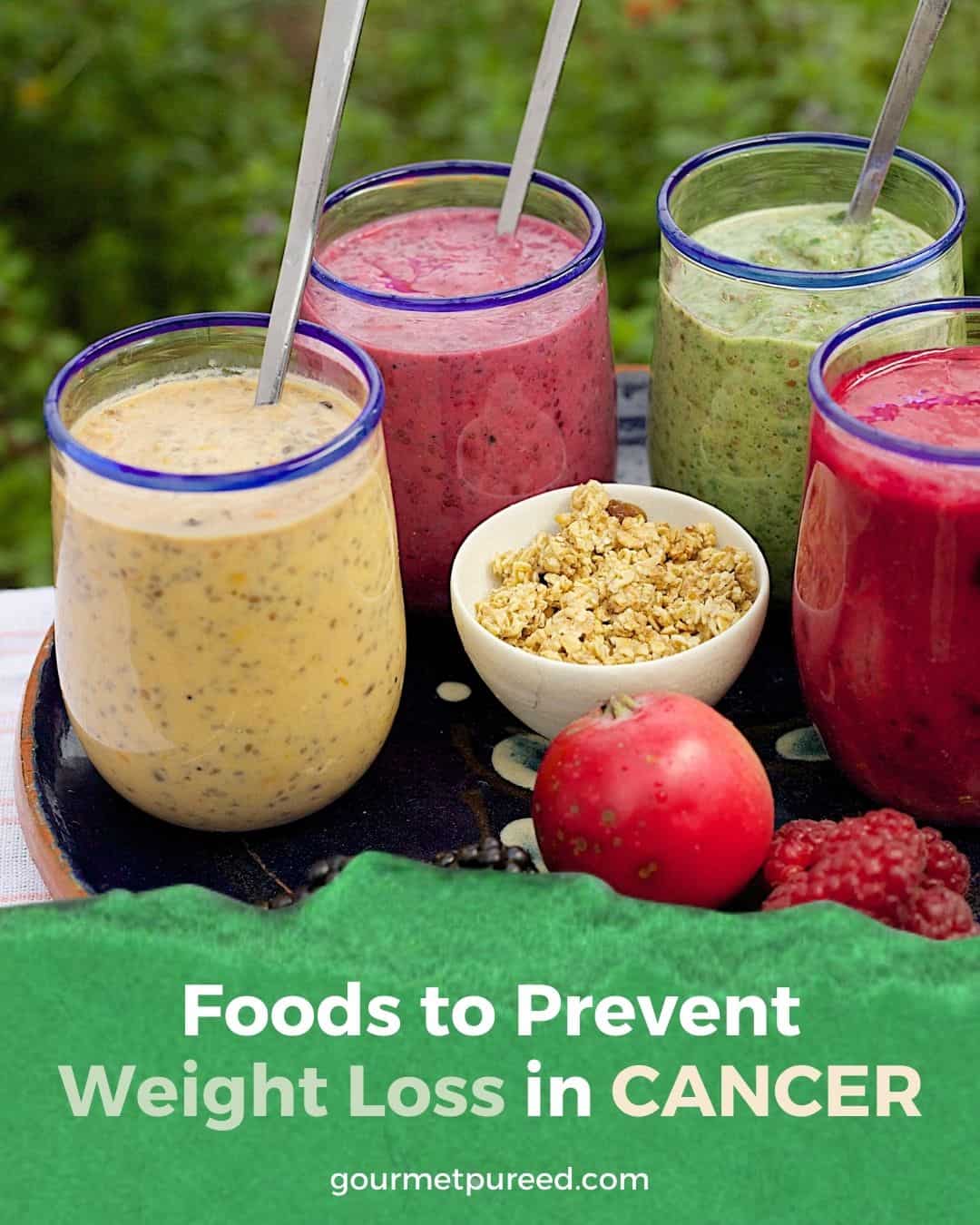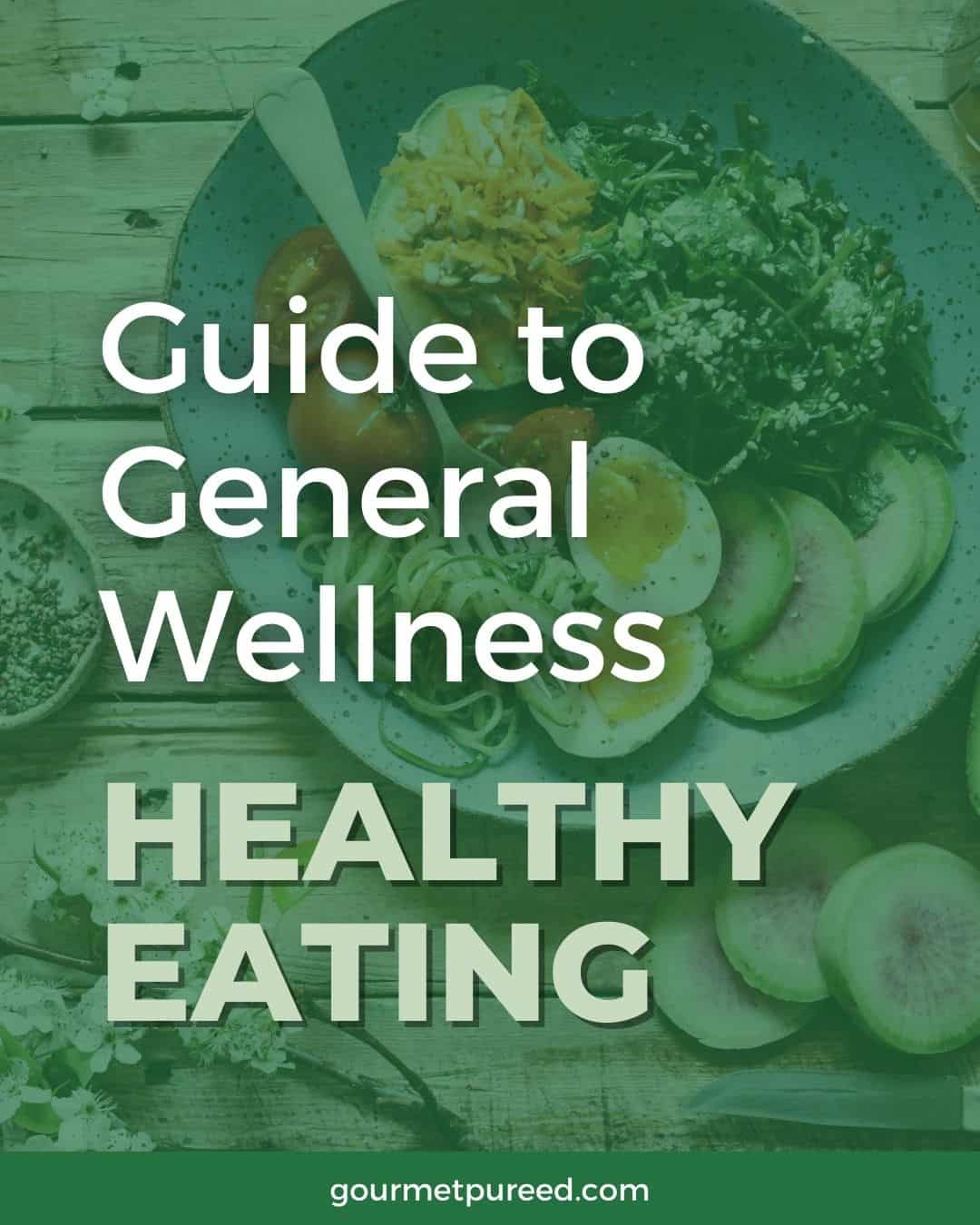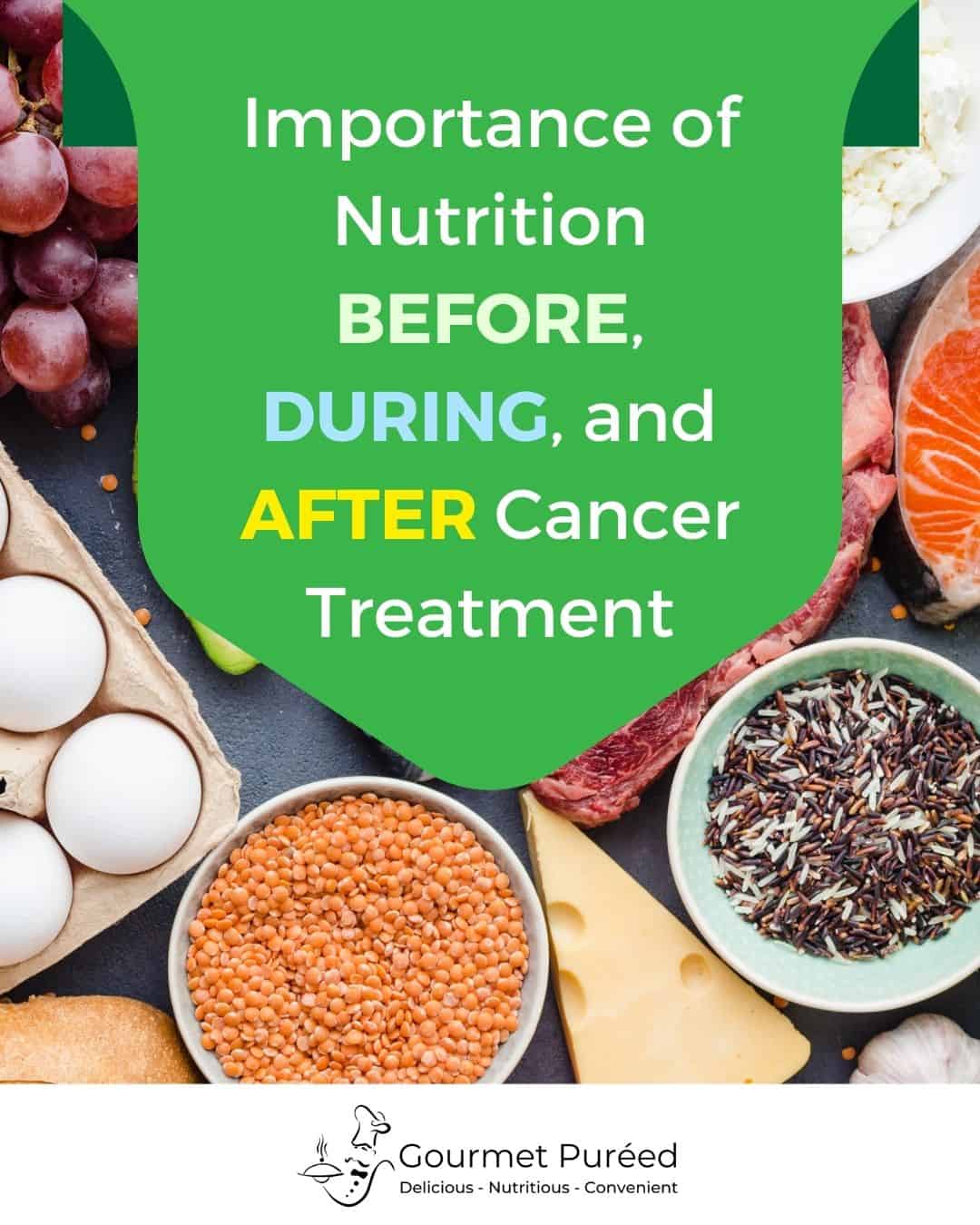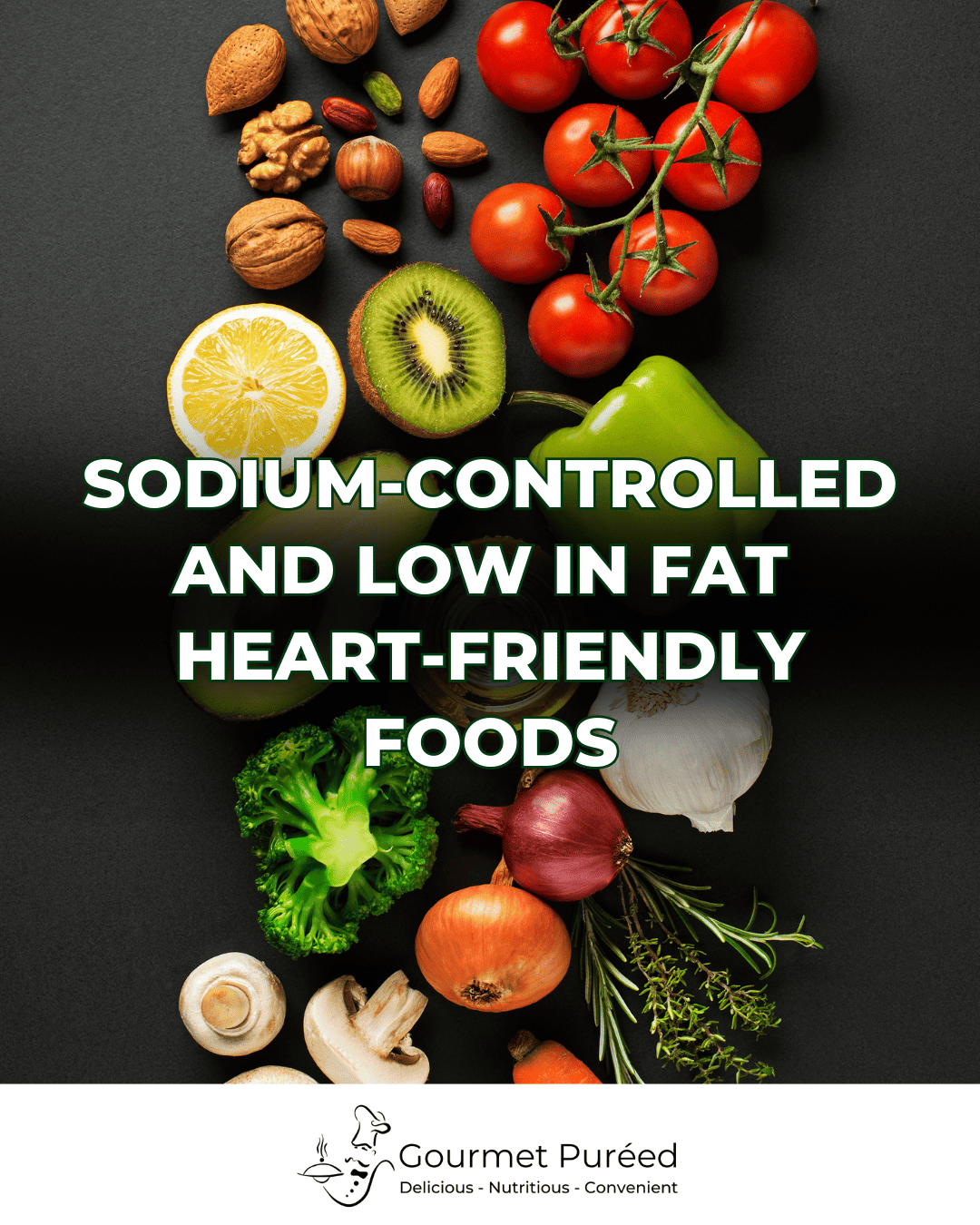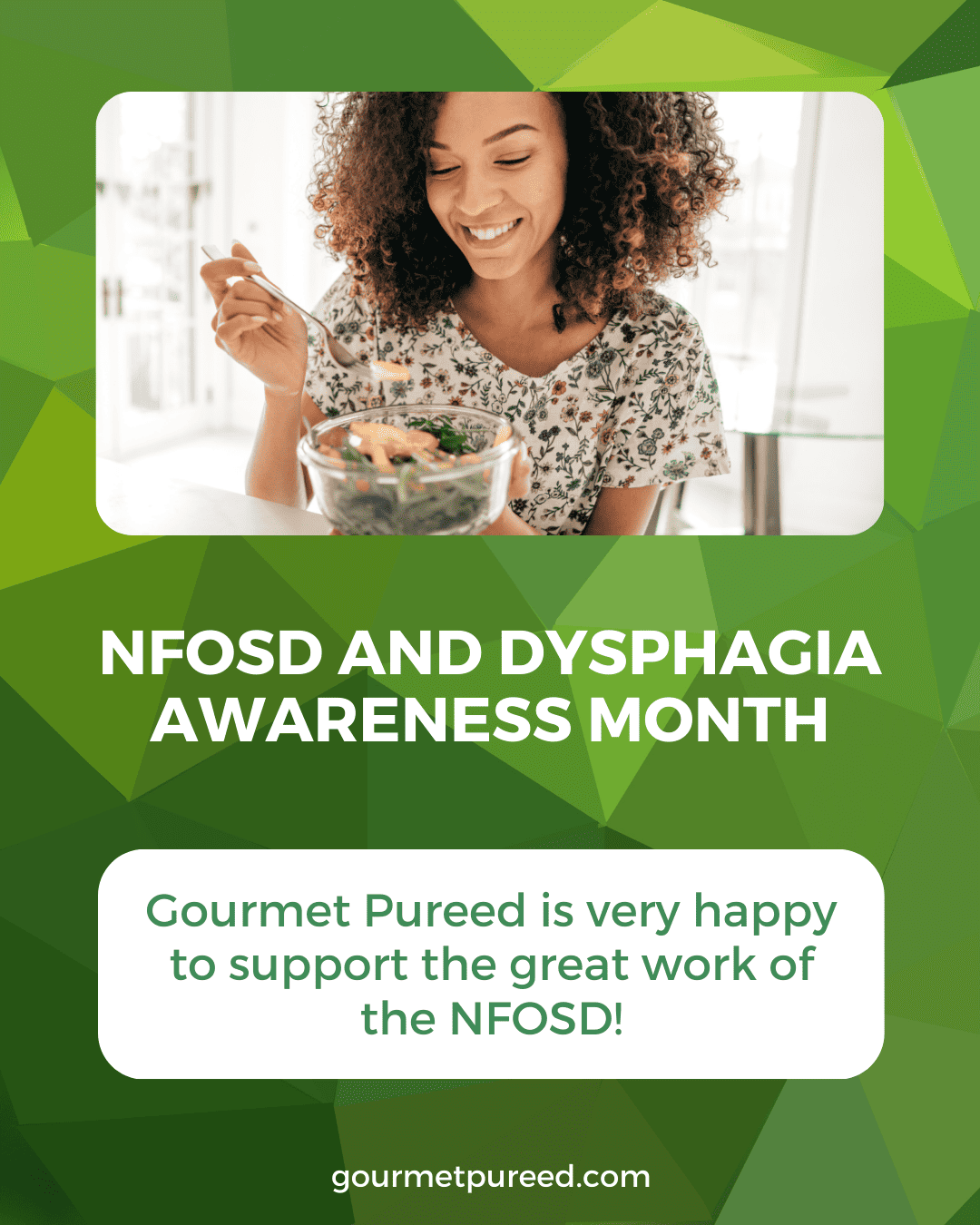Balanced Diet: Aim for a balanced diet that includes a variety of nutrient-dense foods. This typically includes fruits, vegetables, whole grains, lean proteins, and healthy fats.
Fruits and Vegetables: These are rich in vitamins, minerals, and antioxidants that can support the immune system and overall health. Different colored fruits and vegetables provide various beneficial compounds.
Protein: Protein is essential for rebuilding tissues and maintaining strength. Include lean protein sources such as poultry, fish, legumes, nuts, and seeds.
Healthy Fats: Focus on sources of healthy fats like avocados, olive oil, nuts, and fatty fish, as they can provide essential fatty acids and help with nutrient absorption.
Whole Grains: Choose whole grains like brown rice, quinoa, whole wheat, oats, and barley, as they provide more nutrients and fiber compared to refined grains.
Hydration: Stay well-hydrated by drinking plenty of water and avoiding sugary beverages.
Small, Frequent Meals: Eating smaller, more frequent meals can be helpful if you have a reduced appetite due to treatment side effects.
Avoid Processed Foods: Minimize or avoid processed and sugary foods, as they offer little nutritional value and may contribute to inflammation.
Immune-Boosting Foods: Certain foods like garlic, ginger, turmeric, and green tea are believed to have immune-boosting properties, but it’s essential to discuss the use of supplements or herbal remedies with your healthcare team.
Address Side Effects: Cancer treatments can cause various side effects affecting appetite, taste, and digestion. Work with your healthcare team and a registered dietitian to manage these side effects and maintain proper nutrition.


